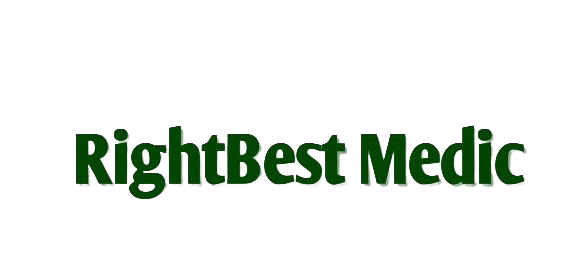What is acupuncture?
Share
Acupuncture is the practice of penetrating the skin with thin, solid, metallic needles which are then activated through gentle and specific movements of the practitioner's hands or with electrical stimulation.
Acupuncture is part of the ancient practice of Traditional Chinese medicine. Traditional Chinese medicine practitioners believe the human body has more than 2,000 acupuncture points connected by pathways or meridians. These pathways create an energy flow (Qi, pronounced "chee") through the body that is responsible for overall health. Disruption of the energy flow can cause disease. By applying acupuncture to certain points, it is thought to improve the flow of Qi, thereby improving health.
Studies have shown that acupuncture is effective for a variety of conditions.
Acupuncture is not for everyone. If you choose to see an acupuncturist, discuss it with your doctor first and find a practitioner who is licensed as having proper training and credentials.
What does acupuncture feel like?
Acupuncture is done using hair-thin needles. Most people report feeling minimal pain as the needle is inserted. The needle is inserted to a point that produces a sensation of pressure or ache. Needles may be heated during the treatment or mild electric current may be applied to them. Some people report acupuncture makes them feel energized. Others say they feel relaxed.
Improper placement of the needle can cause pain during treatment. Needles must be sterilized to prevent infection. That is why it is important to seek treatment from a qualified acupuncture practitioner. The FDA regulates acupuncture needles just as it does other medical devices under good manufacturing practices and single-use standards of sterility.
Instead of needles, other forms of stimulation are sometimes used over the acupuncture points, including:
-
Heat (moxibustion)
-
Pressure (acupressure)
-
Friction
-
Suction (cupping)
-
Impulses of electromagnetic energy
How does acupuncture affect the body?
Acupuncture points are believed to stimulate the central nervous system. This, in turn, releases chemicals into the muscles, spinal cord, and brain. These biochemical changes may stimulate the body's natural healing abilities and promote physical and emotional well-being.
National Institutes of Health (NIH) studies have shown that acupuncture is an effective treatment alone or in combination with conventional therapies to treat the following:
-
Nausea caused by surgical anesthesia and cancer chemotherapy
-
Dental pain after surgery
-
Addiction
-
Headaches
-
Menstrual cramps
-
Tennis elbow
-
Fibromyalgia
-
Myofascial pain
-
Osteoarthritis
-
Low back pain
-
Carpal tunnel syndrome
-
Asthma
It may also help with stroke rehabilitation.
